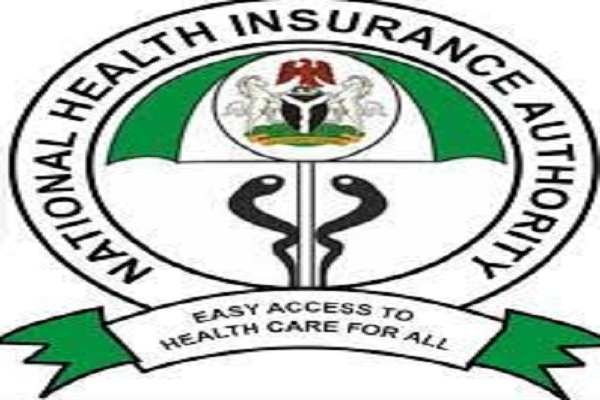The National Health Insurance Authority (NHIA) of Nigeria has issued a directive to Health Maintenance Organizations (HMOs) mandating a maximum waiting time of one hour for patients enrolled in health insurance plans. This directive comes in response to escalating complaints from enrollees regarding excessive delays and neglect experienced at healthcare facilities. Otunba Lekan Ewenla, Managing Director and CEO of Ultimate Health Management Services, a prominent HMO, disclosed this development during the company’s 14th Annual General Meeting. He emphasized the NHIA’s role as a regulatory body, similar to the Central Bank of Nigeria in the banking sector and PENCOM in pensions, highlighting its responsibility to ensure adherence to standards, monitor healthcare providers, and protect the rights of patients.
Ultimate Health Management Services has proactively responded to the NHIA’s directive, not only meeting but exceeding the stipulated one-hour waiting time benchmark. The organization has achieved an average waiting time of just 10 minutes and aims to further reduce it to five minutes. This remarkable efficiency has been attributed to the implementation of advanced health management software and a pre-booking system, which allows patients to inform the HMO in advance of their intended hospital visits. Upon receiving notification, the HMO promptly contacts the designated healthcare facility to ensure preparedness for the patient’s arrival. To reinforce this system, reminder calls are made to hospitals on the morning of the patient’s scheduled visit. This proactive approach reflects a commitment to global best practices and underscores the importance of treating healthcare with the seriousness it deserves.
Ewenla stressed that access to quality healthcare is a fundamental human right, and health insurance serves as a crucial gateway to realizing this right effectively. He also highlighted a new initiative aimed at Nigerians living abroad who desire to provide healthcare support for their aging parents and loved ones back home. Recognizing the challenges associated with ad-hoc remittances for healthcare, which often lack follow-up care, Ultimate HMO has developed a structured health insurance plan. This plan allows diaspora Nigerians to pay a fixed premium and enroll their dependents, ensuring consistent and reliable access to medical services. A pilot program for this initiative has been launched in the United States, commencing with engagements with the Nigerian Consulate in Atlanta, Georgia, as well as outreach to Nigerian communities through churches, mosques, and local businesses. The program has garnered significant interest, and Ultimate HMO is actively pursuing regulatory support to expand enrollment and ensure compliance.
Despite these advancements, Ewenla acknowledged the importance of addressing attitudinal barriers. He pointed to a general disregard for systems and rules among some Nigerians, citing the disregard for traffic laws as an example. This same attitude, he observed, can extend to healthcare systems, highlighting the need for collaborative efforts with government and regulatory bodies to foster a culture of respect for established procedures. Parallel to the focus on improved patient experience, the Board Chairman of Ultimate Health Management Services, Mrs. Angela Ajala, underscored the critical role of HMOs in prioritizing patient well-being. She cautioned against the growing tendency of delayed claims settlements by some organizations, emphasizing that prompt claims processing is the cornerstone of effective service delivery.
Ajala further advocated for proactive adaptation to emerging challenges within the healthcare landscape. This includes addressing the rising demand for mental health services, incorporating telemedicine into healthcare delivery models, and providing specialized care for children with special needs. She emphasized the importance of anticipating evolving patient expectations to maintain relevance and effectiveness in the dynamic healthcare sector. The convergence of technological advancements, regulatory oversight, and a renewed focus on patient-centric care holds promise for enhancing healthcare accessibility and quality in Nigeria.
The NHIA’s intervention in regulating waiting times, combined with the proactive measures adopted by HMOs like Ultimate Health Management Services, signifies a significant step towards improving the patient experience. By streamlining processes, leveraging technology, and fostering a culture of accountability, the Nigerian healthcare system is striving to ensure that all citizens, regardless of location or circumstance, can access timely and quality medical care. This includes extending coverage to the diaspora community, enabling them to contribute effectively to the healthcare needs of their families back home. The commitment to continuous improvement, coupled with a focus on patient welfare, sets the stage for a more robust and responsive healthcare ecosystem in Nigeria. The challenges remain significant, including the need to address attitudinal barriers and adapt to evolving healthcare needs, but the collaborative efforts between regulatory bodies, HMOs, and other stakeholders offer a pathway towards a more equitable and efficient healthcare system.














